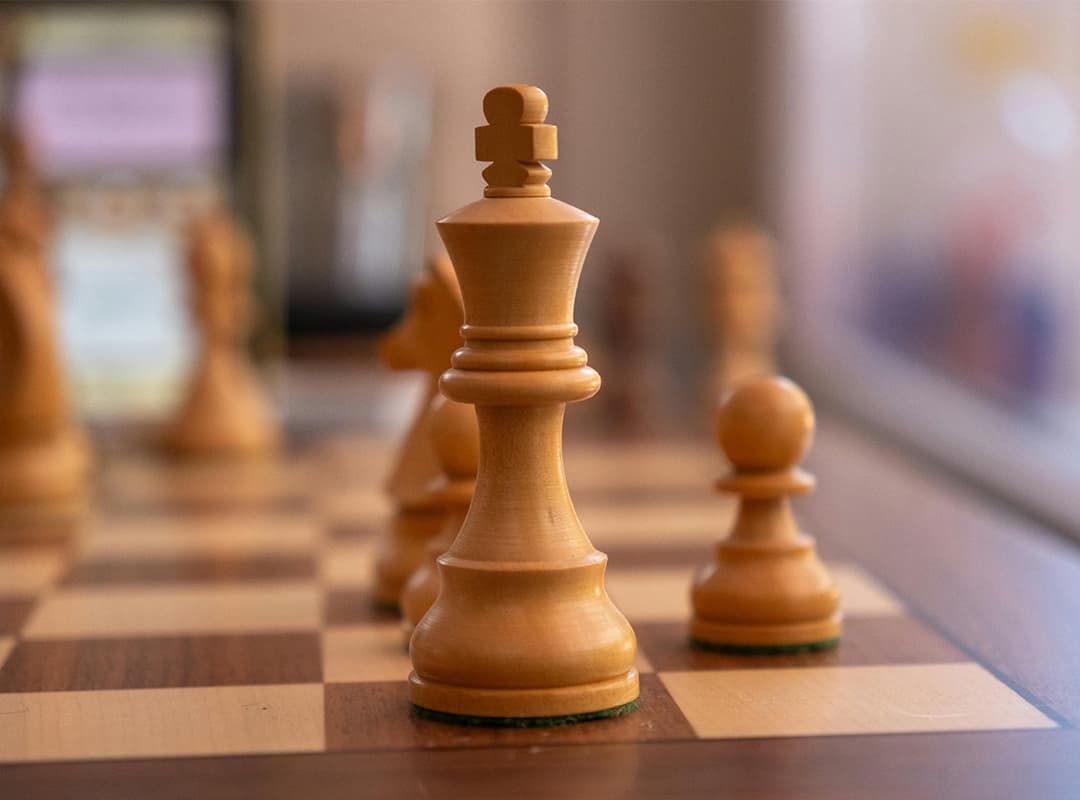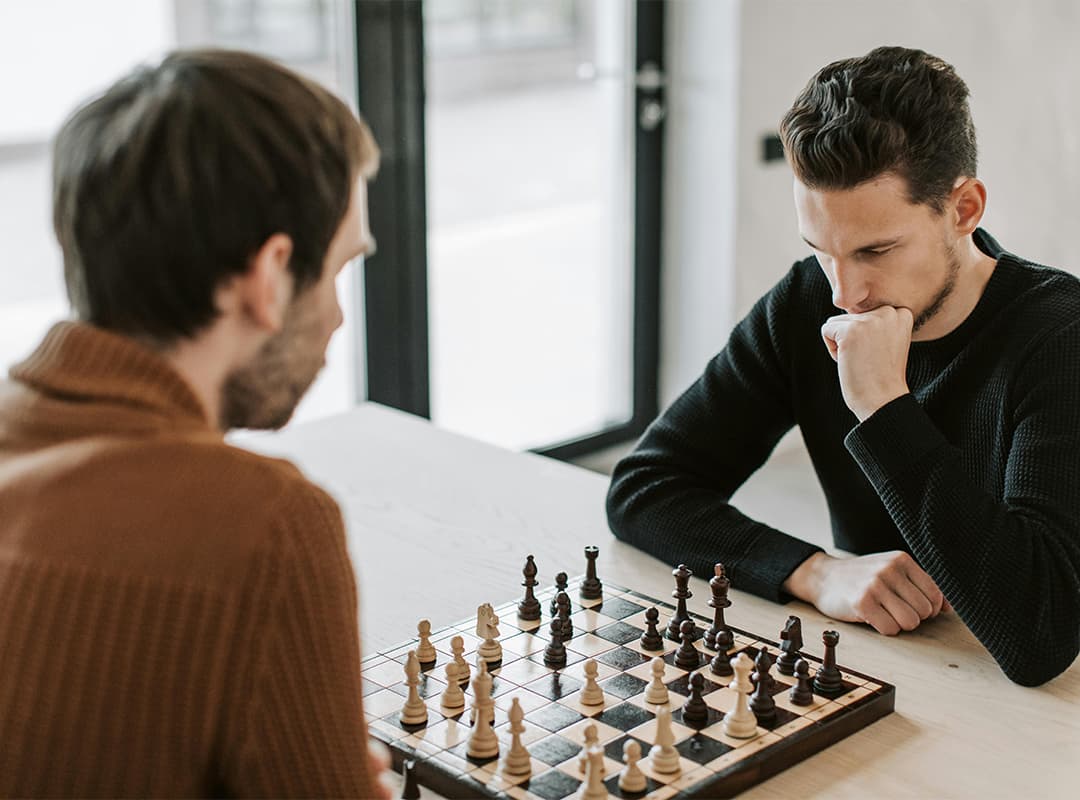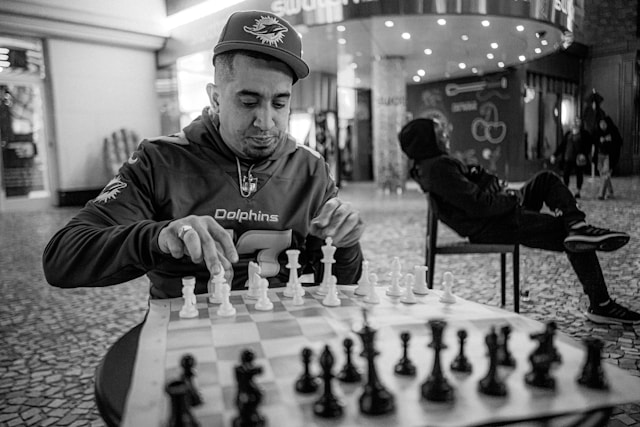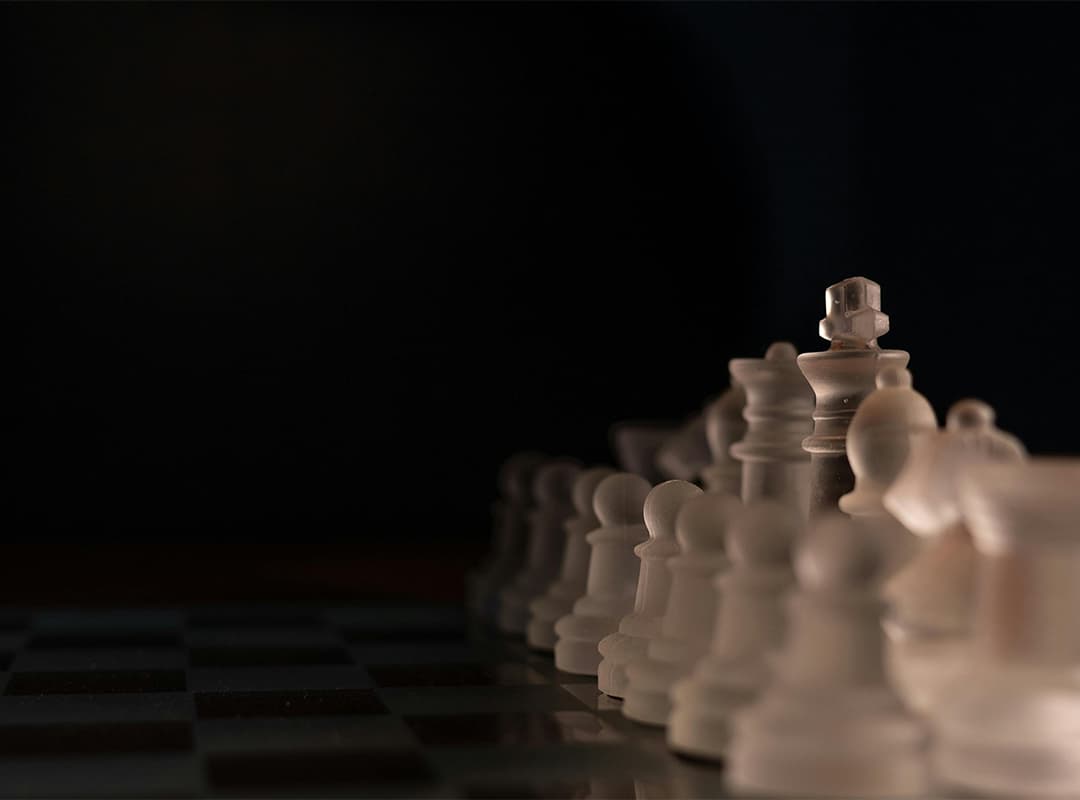In the world of chess, opening theory is vast, encompassing a myriad of strategies, tactics, and variations. While most players are well-versed in popular openings, using rare or unconventional openings can catch your opponent off guard, leading to unexpected and advantageous positions. In this article, we will explore how to effectively surprise your opponent with rare openings and utilize platforms for free chess against the computer to practice these strategies.
The Power of Rare Openings
Rare openings can serve multiple purposes in your chess game:
- Psychological Advantage: Most players prepare for well-known openings, and when faced with something unconventional, they may become disoriented, leading to mistakes.
- Limited Preparation: If your opponent has prepared extensively for common openings, they may not have a response ready for an unusual line, allowing you to gain the upper hand.
- Creating Unique Positions: Rare openings often lead to unfamiliar structures that require different strategies and tactics. This can provide you with chances to play creatively and explore new ideas.
Examples of Rare Openings
Here are a few rare openings that can be effective in surprising your opponent:
- The Orangutan (Sokolsky Opening): The game begins with 1.b4. This uncommon move aims to control the center from the flanks and can lead to unexpected positions. Many players will not be prepared for the ideas behind this opening.
- The Grobs Opening: Starting with 1.g4, this opening is known for its unconventional nature. While it may seem dubious at first, it can create chaos in the game and lead to interesting tactical opportunities.
- The Polish Opening (Sokolsky Opening): Another rare option is 1.b4. It allows for creative play and often catches opponents off guard, especially in the opening phase of the game.
- The Nimzowitsch Defense: This opening begins with 1.e4 Nc6 and can lead to complex positions that deviate from typical e4 e5 openings. It’s a great way to unsettle opponents accustomed to more standard replies.
Tips for Effectively Using Rare Openings
- Understand the Ideas: While the opening may be rare, it’s crucial to understand the underlying ideas and plans. Familiarize yourself with the typical middlegame structures and tactics that can arise from these openings.
- Study Tactical Themes: Rare openings often involve specific tactical motifs that can be exploited. Spend time studying typical tactics and patterns that occur in these positions.
- Adaptability: Be prepared to adapt your strategy based on your opponent’s responses. Unusual openings can lead to unexpected variations, so flexibility is key.
- Practice with Free Resources: Use free chess against the computer platforms to experiment with these openings. Playing against AI allows you to test out various lines without the pressure of a tournament setting.
Practicing Rare Openings with AI
Utilizing free chess against the computer is an excellent way to practice rare openings. Here’s how you can make the most of these platforms:
- Experiment Freely: Play various rare openings against the AI to see how they unfold. Experimenting allows you to find lines that resonate with your style and to understand the strengths and weaknesses of each opening.
- Adjust AI Difficulty: Start with lower difficulty settings to build confidence, then gradually increase the level as you become more comfortable with the positions arising from your chosen openings.
- Analyze Your Games: After playing, review your games to identify mistakes or missed opportunities. Many platforms offer analysis tools that can highlight critical moments in your games.
- Simulate Opponent Preparation: Try to play against different AI styles. This helps you prepare for various responses you might encounter when using rare openings in real games.
Surprising your opponent with rare openings can be a powerful strategy in chess. By catching them off guard, you can create unique positions and capitalize on their unfamiliarity with the resulting structures. Utilizing free chess against the computer allows you to practice these openings without the pressure of competition, enhancing your understanding and skill. Embrace the unconventional, and you might just find that rare openings lead to unexpected victories on the chessboard!



